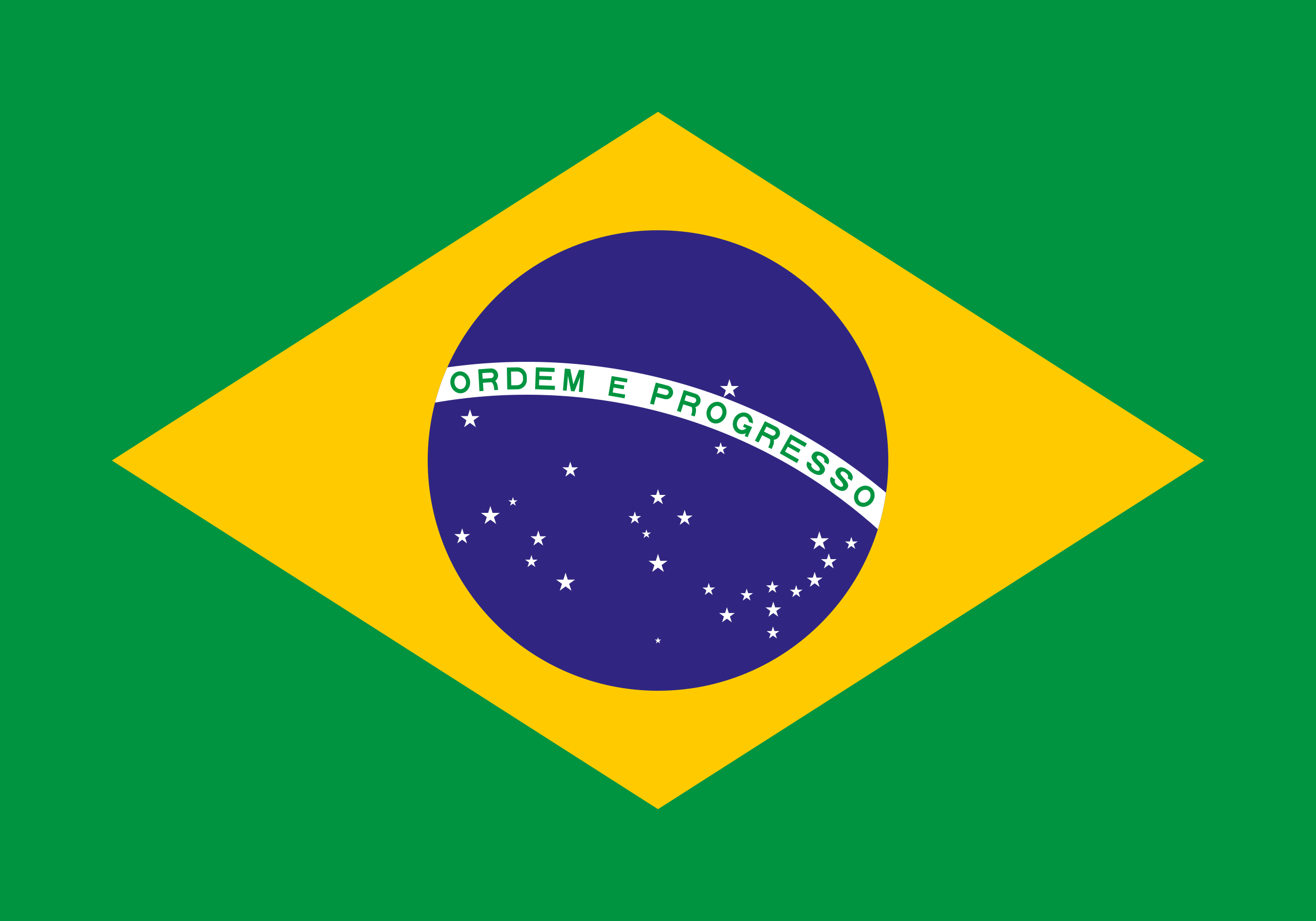Call for Papers
Important Dates
- Paper registration: June 30, 2025 July 9, 2025
- Paper submission: July 4, 2025 July 11, 2025
- Communication of results: August 7, 2025
- Camera-ready submission: August 11, 2025
Presentation
Digital twins are virtual representations of real-world physical objects, processes, or systems that are continuously updated with real-time data to support decision-making, generate value-added information, and enable better use and analysis of complex systems, both in actual and future states. Another fundamental characteristic of digital twins is the existence of bidirectional, synchronized connections between the virtual representations and the physical entities, ensuring that changes that occur in one are reflected in the other. In the last decade, digital twins have attracted significant attention from academia and industry mainly due to their potential to better understand, control, and optimize the behavior of complex systems, either at design time, to investigate alternatives or validate design decisions, or at runtime, to improve performance or prevent failures, for example.
Although the virtual representations that integrate digital twins are essentially based on software, this topic has not yet been sufficiently investigated from a Software Engineering perspective. Furthermore, the development of digital twins is often carried out in a nonsystematic manner, thus hampering their advancement and wider adoption. There is still a lack of understanding about the extent to which Software Engineering approaches, methods, and tools could be systematically applied to digital twin development.
The Workshop on Software Engineering for Digital Twins (SEDT) is the first forum dedicated to comprehensively discussing digital twins from a Software Engineering perspective, especially in Brazil. The primary goal of SEDT is to promote the exchange of ideas and experiences, as well as the discussion of promising solutions for designing, developing, maintaining, and evolving these systems. Moreover, SEDT can contribute to mapping research and development work on digital twins carried out in the Brazilian Computer Science community, considering that it is the first scientific event held in Brazil on this topic. In 2025, SEDT will be held as part of the 16th Brazilian Conference on Software: Theory and Practice (CBSoft 2025) in Recife, PE, Brazil.
Topics of Interest
The topics of interest of SEDT 2025 include, but are not limited to:
- Requirements engineering for digital twins
- Software architecture and design for digital twins
- Processes, approaches, tools, and platforms for digital twin development
- Model-driven engineering for digital twins
- Digital twin verification, validation, and testing
- Digital twin deployment, maintenance, and evolution
- Quality aspects in digital twins
- Digital twin synchronization and life cycle management
- Empirical studies, systematic literature reviews, mapping studies, and use cases in digital twins
Instructions for Preparing and Submitting Papers
Two kinds of papers are expected for submission to SEDT 2025: (i) full papers up to ten pages describing substantial contributions to research or practice; and (ii) short papers and experience reports up to six pages describing work in progress, use cases, lessons learned, and discussion of open problems or novel ideas and research perspectives. The established page limit includes all figures, tables, and references. All the papers must follow the Brazilian Computer Society (SBC)'s template for paper publication and can be written in Portuguese or English. Papers will be electronically submitted in PDF format through SBC's JEMS3 system.
Submitted papers, which must be original and not under review at any other conference or journal, will be evaluated based on their clarity, relevance, originality, and contribution. The review process will be single-blind, so authors must include their identification (names and affiliation) in the submitted paper. It is also important to emphasize that the submitted papers must comply with the Code of Conduct for Authors in SBC Publications.
Accepted papers will be published in the SBC-OpenLib (SOL) digital library, which has open and free access to the entire scientific community. The publication of the accepted papers will require the registration of at least one author in CBSoft 2025, as well as the oral presentation of the paper in person during the workshop.
Program Committee
André Almeida (IFRN)
Atslands Rocha (UFC)
Claudio Miceli de Farias (UFRJ)
Daniel Cordeiro (USP)
Flavia Delicato (UFF)
Karin Becker (UFRGS)
Rebeca Motta (UFF)
Valdemar Graciano Neto (UFG)
Vicente Lucena Jr. (UFAM)

